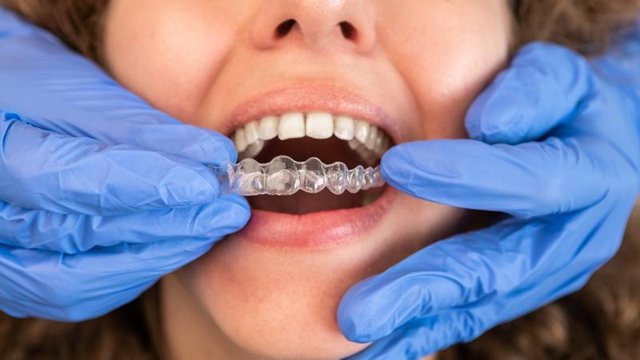
Difference between orthodontist and dentist
June 21, 2024

When it comes to oral health, most people are familiar with the role of a dentist. However, the role of an orthodontist might not be as clear. While both professionals are crucial for maintaining a healthy smile, they serve different purposes in the field of dental care.
This blog post aims to clarify the distinctions and similarities between orthodontists and dentists and provide guidance on the educational paths for each profession if you are thinking of working in the sector, perhaps by studying a degree in Dentistry in Valencia or the BA dentistry in Málaga.
What is an orthodontist?
An orthodontist is a dental specialist who focuses on diagnosing, preventing, and correcting misaligned teeth and jaws. Their primary goal is to ensure that patients have proper alignment, which can improve both aesthetics and function. Orthodontists are well-versed in braces, retainers, and other dental appliances to move teeth into their ideal positions.
Orthodontists deal with issues such as overbites, underbites, crossbites, and overcrowded teeth. They also address problems with jaw growth and development in children, which can prevent more severe problems in the future. Treatment plans from an orthodontist often span several months to a few years, depending on the complexity of the case.
What is a dentist?
A dentist is a general practitioner who takes care of the overall health of your teeth, gums, and mouth. Dentists provide a wide range of services, including routine check-ups, cleanings, fillings, extractions, and the treatment of oral diseases. They are also the first point of contact for addressing oral health concerns and can provide advice on maintaining good oral hygiene.
Dentists perform procedures like filling cavities, treating gum disease, and installing crowns and bridges. They also offer preventive care, such as fluoride treatments and sealants, to protect teeth from decay. While they can perform minor orthodontic work, more complex cases are usually referred to an orthodontist.
Differences and similarities between an orthodontist and dentist
There are many differences between the two profiles, so it is important to consider them when choosing which career path you would like to follow. These are the main differences:
- Specialisation: The primary difference between an orthodontist and a dentist is their specialisation. Orthodontists receive additional training beyond dental school to specialise in aligning teeth and jaws, while dentists provide a broader range of dental care services.
- Training: After earning a dental degree, orthodontists complete a residency programme that typically lasts 2-3 years, focusing specifically on orthodontics. Dentists, on the other hand, can start practicing immediately after earning their dental degree.
- Procedures: Orthodontists primarily deal with correcting bite issues and aligning teeth using braces, clear aligners, and other devices. Dentists handle a wide variety of oral health issues, including cavities, gum disease, and restorative work.
- Complexity of Cases: Dentists manage general dental health, while orthodontists handle more complex alignment issues that require specialized knowledge and tools.
Of course, there are similarities between orthodontists and dentists too, such as:
- Dental Degree: Both orthodontists and dentists start their careers by obtaining a dental degree.
- Oral Health Focus: Both professionals aim to improve oral health and ensure that patients have healthy teeth and gums.
- Preventive Care: Both provide preventive care and education to help patients maintain good oral hygiene.
What should you study to be a dentist or orthodontist?
Whether you want to become a dentist or an orthodontist, both will need to start off the educational journeys by studying a degree in Dentistry. Whether you choose to study that programme with us at Universidad Europea in Madrid or in Valencia, you will get a solid theoretical grounding thanks to being taught by a faculty of experienced professionals.
In addition, we place much emphasis on practice-based learning, and throughout the degree in dentistry, students spend time carrying out work placements at our dental clinics, treating real patients and becoming familiar with the workplace before they graduate.
While both orthodontists and dentists play vital roles in oral health care, their areas of expertise differ significantly. Understanding these differences can help you choose the right professional for your specific dental needs. Whether you’re dealing with a general dental issue or need specialised orthodontic treatment, both types of professionals are essential for maintaining a healthy and beautiful smile.